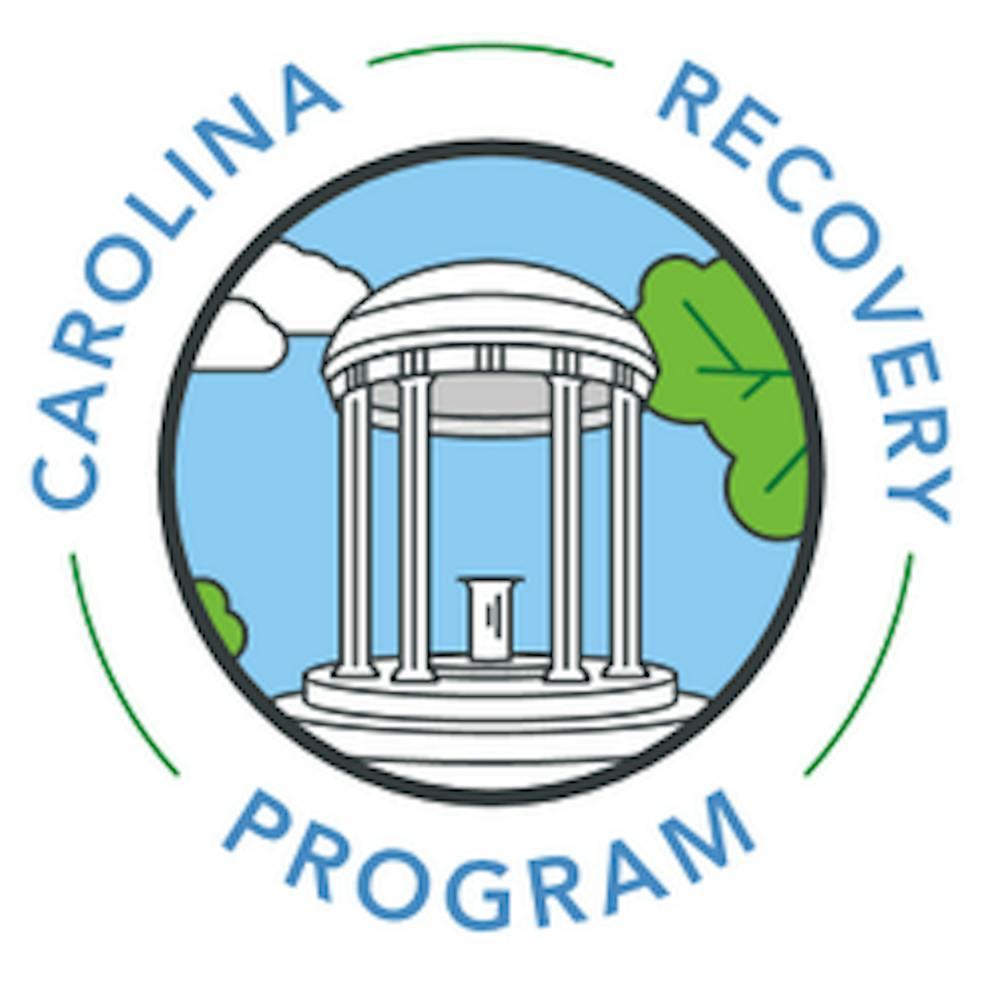Recovery Awareness Month
Wellness Wednesday Wellness Carnival: Sept. 7, Noon to 1:30 p.m. “I Support Recovery Day,” The Pit. Come out and show your support for persons in Recovery, Fun Games and Prizes!
Rally for Recovery: Sept. 10, 10 a.m. to 2 p.m., Moore Square in Raleigh.
Coffee and Donut Giveaway by Carolina Recovery Student Group: Sept. 19, 7:30 to 10 a.m., in front of Lenoir. Drop by and get a free cup of coffee and a donut on your way to class!
"The Anonymous People" film screening and panel: Sept. 20, 6 to 8 p.m., the Union Auditorium, movie followed by student panel, free popcorn!!!
When you have a friend or family member in sustained recovery, sometimes it’s hard to know how to support them. What language should you use? What is the best way to support someone in recovery? How should you discuss your friend’s use with them?
Here are some tips for supporting a friend or family member in recovery.
Frame their recovery in a positive light
Many times recovery is approached as a journey from “bad to good,” but there are other ways to approach recovery.
Shane Phillips, a member of the Carolina Recovery Group, said a major part of his recovery was realizing that it's not a moral journey. “A major part of my recovery has been understanding it as a journey from sickness to health rather than one of badness to goodness,” he said.
“It was really liberating and I became much more invested in my own recovery process.”
“For too long, people on the outside of the recovery community have defined what recovery is and what it isn’t. The stigma and the moralization of this problem prevents people from getting the treatment that they need.”
-Shane Phillips
Be there for them in social situations
Social situations are not easy for everyone. Frank Allison, program coordinator of Recovery Initiatives for the Carolina Recovery Program, pointed to advice given by Recovery Connection. He said sometimes people begin using alcohol or drugs to reduce social anxiety, but it eventually makes the anxiety worse.
“Having a friend or family member with you in a social setting helps reduce the stress of being alone or feeling awkward,” he said.
[Read DTH coverage: How students in recovery fare in the classroom]
Provide them with a support system
Having a community is important, but don't dictate it. Phillips said it’s important to allow those in recovery to choose for themselves what that community is.
“Some people get a lot of support from 12-step groups, and some people don’t,” he said. “It’s all about providing a menu of options to people.”
Allison found a mutual aid group to be most beneficial. “When you are facing a challenge in life with others who have faced it, or are facing it, it helps greatly,” Allison said. “We did things together, and supported each other.”
Allison said the recovery community uses the phrase “never alone, never again.” No matter what kind of treatment someone chooses, it’s important to be for them whenever they need it.
Use Inclusive Language
There is a stigma that surrounds substance use disorder. Allison said using inclusive language helps reduce the stigma by countering negative perceptions the public has towards people in recovery.
Inclusive language allows the recovery community to speak with one voice, Phillips said.
“For too long, people on the outside of the recovery community have defined what recovery is and what it isn’t,” he said. “The stigma and the moralization of this problem prevents people from getting the treatment that they need.”
As an ally or as someone in recovery, inclusive language allows you to control the narrative in a more positive way. Read here for examples of the inclusive language of recovery.
No one should feel alone when going through recovery. These tips will help you be a friend and an ally. If you have questions, or would like to talk to someone about how to support someone in recovery, contact the Carolina Recovery Group for more information.
Come on out!
Show your support for students in recovery by attending the film screening of the film The Anonymous People at 6 p.m. Tuesday, Sept. 20. The screening will be followed by a student panel.




